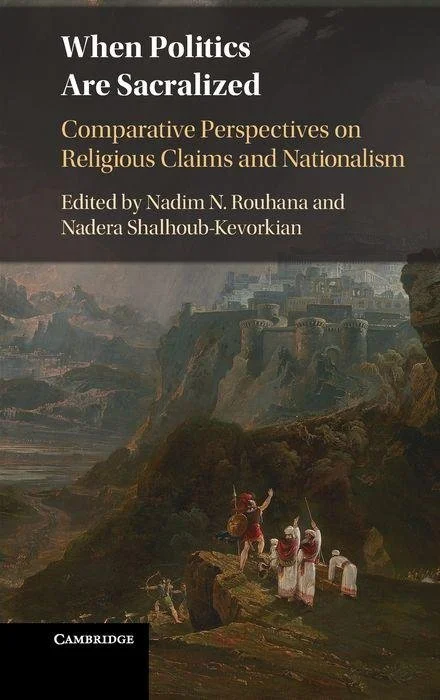The Best of Hard Times explores the gendered identities of two generations of men in the Shatila Palestinian refugee camp in Beirut. Gustavo Barbosa compares the fida’iyyin, the men who served as freedom fighters to reconquer Palestine in the 1970s, to the shabab, their sons who lead seemingly mundane lives with limited access to power. While the fida’iyyinn displayed their masculinity through active resistance and fighting to return to their homeland, the shabab have a more nuanced relationship to Palestine and articulate their gender belonging in alternative ways.
Through vivid ethnographic stories, Barbosa critically engages with certain trends in feminism, calling attention to their limits and considering nimble views on gender. Instead of presenting the shabab as emasculated or experiencing a crisis of masculinity, the book shows the pliability of masculinity in time and space and argues that “gender” has limited purchase to capture the experiences of today’s youth from Shatila. Based on two years of fieldwork, The Best of Hard Times answers the burgeoning demand for anthropological literature on Arab masculinities and portrays refugees as inventive actors rather than agentless victims of circumstances beyond their control. The Best of Hard Times is a tour de force combining highbrow theory with gripping ethnography, challenging many of the stereotypes on gender, power, statehood, and the role of Islam in the Middle East.
Receive 40% off with discount code 05BEST22 when you purchase The Best of Hard Times from Syracuse University Press before April 15, 2022.
PANELISTS
Gustavo Barbosa in an Associate Researcher at the Center for Middle Eastern Studies at Universidade Federal Fluminense, in Rio de Janeiro. He holds a PhD in Anthropology from the LSE, MScs in Anthropology from the LSE and Museu Nacional and BScs in Diplomacy, Social Sciences and Journalism. He has published a number of articles in Portuguese and English in specialised journals and edited volumes. His book The Best of Hard Times - Palestinian Refugee Masculinities in Lebanon was published in January 2022 by Syracuse University Press. His academic interests lie in political and medical anthropology, gender, masculinities, refugees, hope and new reproductive technologies. His webpage is gustavo-barbosa.com.
Maya Mikdashi is an Assistant Professor at the Department of Women’s and Gender Studies and a lecturer in the program in Middle East Studies at Rutgers University, New Brunswick. Maya is an anthropologist (PhD Columbia University, 2014) who is deeply engaged in ethnographic, legal, and archival theory and methodology. She currently is completing a book manuscript that examines the war on terror, sexual difference, secularism, and state power in the contemporary Middle East from the vantage point of Lebanon. More info.
Brinkley Messick is Professor of Anthropology and of Middle Eastern, South Asian and African Studies at Columbia University. He is the author of The Calligraphic State (1993), which was awarded the Albert Hourani Prize of the Middle Eastern Studies Association, and Shariʿa Scripts: A Historical Anthropology (2018). Brink was a founding Co-Director of the Center for Palestine Studies (2010-15), and is the Director of the Middle East Institute at Columbia.







